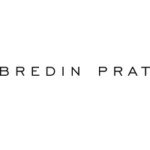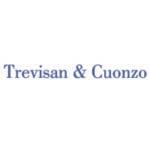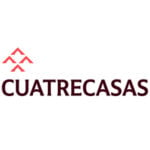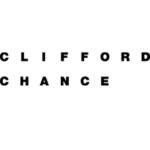-
What types of conduct and causes of action can be relied upon as the basis of a competition damages claim?
-
What is required (e.g. in terms of procedural formalities and standard of pleading) in order to commence a competition damages claim?
-
What remedies are available to claimants in competition damages claims?
-
What is the measure of damages? To what extent is joint and several liability recognised in competition damages claims? Are there any exceptions (e.g. for leniency applicants)?
-
What are the relevant limitation periods for competition damages claims? How can they be suspended or interrupted?
-
Which local courts and/or tribunals deal with competition damages claims?
-
How does the court determine whether it has jurisdiction over a competition damages claim?
-
How does the court determine what law will apply to the competition damages claim? What is the applicable standard of proof?
-
To what extent are local courts bound by the infringement decisions of (domestic or foreign) competition authorities?
-
To what extent can a private damages action proceed while related public enforcement action is pending? Is there a procedure permitting enforcers to stay a private action while the public enforcement action is pending?
-
What, if any, mechanisms are available to aggregate competition damages claims (e.g. class actions, assignment/claims vehicles, or consolidation of claims through case management)? What, if any, threshold criteria have to be met?
-
Are there any defences (e.g. pass on) which are unique to competition damages cases? Which party bears the burden of proof?
-
Is expert evidence permitted in competition litigation, and, if so, how is it used? Is the expert appointed by the court or the parties and what duties do they owe?
-
Describe the trial process. Who is the decision-maker at trial? How is evidence dealt with? Is it written or oral, and what are the rules on cross-examination?
-
How long does it typically take from commencing proceedings to get to trial? Is there an appeal process? How many levels of appeal are possible?
-
Do leniency recipients receive any benefit in the damages litigation context?
-
How does the court approach the assessment of loss in competition damages cases? Are “umbrella effects” recognised? Is any particular economic methodology favoured by the court? How is interest calculated?
-
How is interest calculated in competition damages cases?
-
Can a defendant seek contribution or indemnity from other defendants? On what basis is liability allocated between defendants?
-
In what circumstances, if any, can a competition damages claim be disposed of (in whole or in part) without a full trial?
-
What, if any, mechanism is available for the collective settlement of competition damages claims? Can such settlements include parties outside of the jurisdiction?
-
What procedures, if any, are available to protect confidential or proprietary information disclosed during the court process? What are the rules for disclosure of documents (including documents from the competition authority file or from other third parties)? Are there any exceptions (e.g. on grounds of privilege or confidentiality, or in respect of leniency or settlement materials)?
-
Can litigation costs (e.g. legal, expert and court fees) be recovered from the other party? If so, how are costs calculated, and are there any circumstances in which costs recovery can be limited?
-
Are third parties permitted to fund competition litigation? If so, are there any restrictions on this, and can third party funders be made liable for the other party’s costs? Are lawyers permitted to act on a contingency or conditional fee basis?
-
What, in your opinion, are the main obstacles to litigating competition damages claims?
-
What, in your opinion, are likely to be the most significant developments affecting competition litigation in the next five years?
Philippines: Competition Litigation
This country-specific Q&A provides an overview of Competition Litigation laws and regulations applicable in Philippines.












